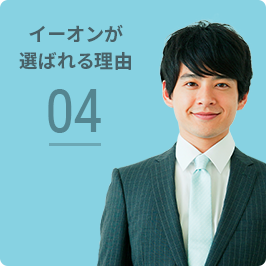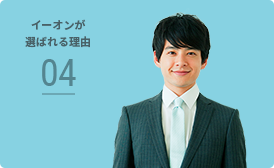2019.12.22
Sarah's blog-Accents
Hello!
イーオン日立校カウンセラーのShokoです!
毎週日曜日は外国人教師のブログをお送りしております(^^)今週はSarah先生!イギリスでは地方によって英語のアクセントが異なるそうです!う~ん、interesting・・・
Dear readers,
Hello again! I hope you're enjoying the Christmas season and that you're not worn out from too many end-of-year parties! Christmas is coming soon - I'm excited, even though I'll be working that day!
Today my topic isn't related to Christmas. Instead, I want to talk about accents.
What's your favourite accent? Maybe the Ibaraki accent is familiar for you, or maybe you think the Kansai accent sounds cute and fun. In English-speaking countries, there is a huge array of different accents. You might know some of the differences between standard Australian, British and American English. But did you know that within the UK and within the US there are over a hundred different accents and dialects?
In the UK, almost every city has its own accent and slang words. We sometimes talk about which accents are the nicest! Whenever a survey is conducted, the results always show that Irish and Scottish accents are the most popular. Essex (south east England), Yorkshire (north of England), and Geordie (north east England) accents also rank highly. In case you're wondering, Manchester is usually somewhere in the middle of the ranking!
The accents I just mentioned are all native accents. But of course, the UK and the US are multicultural countries, and so you can also find a lot of European, Middle-Eastern, or Asian accents, especially in big cities.
My natural accent is a northern English accent with Yorkshire, Derbyshire and Manchester mixes, as my family members are from these areas. The sounds we make are often quite different to the sounds you learn in English class. One of the differences is that in many parts of northern England the 'U' sound in 'but', 'plum', 'shut', 'look', etc. is harsher and darker. Jesse-sensei sometimes makes fun of the way I say "but"!
The reason why I wanted to talk about accents today is to show you that native speakers all speak English differently, using a wide variety of different sounds. As a result, it's hard to say what "correct" pronunciation is. In Japan, sometimes students worry about their pronunciation and not sounding like a native speaker. But in truth, native speakers all sound different to one another. In my opinion, as long as people can understand the words you say, any accent is totally fine.
If you plan to travel abroad to an English speaking country to work or study, my advice is to focus on the accent in that city or area! That way, you'll be able to understand the locals more easily when you arrive. If you plan to go to the UK, you can find British movies or dramas set in various cities and watch them with subtitles (English or Japanese). The same goes for America or Australia.
So what accent do you have? Maybe you're a native Ibaraki person, or maybe you come from further away, like Kansai or Kyushu. Let me know and tell me the different sounds and words you use! It's really interesting for me to learn.
Have a fantastic Christmas this week, and enjoy some cake, decorations and illuminations! If you haven't already, why not sign up for my Christmas Song class on the 25th?
Wishing you Christmas cheer,
Sarah











